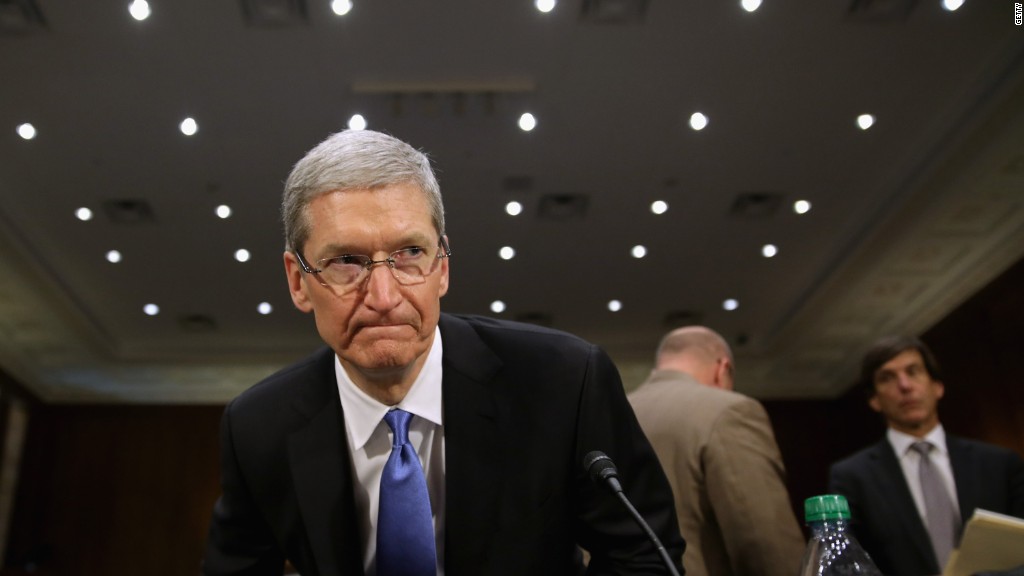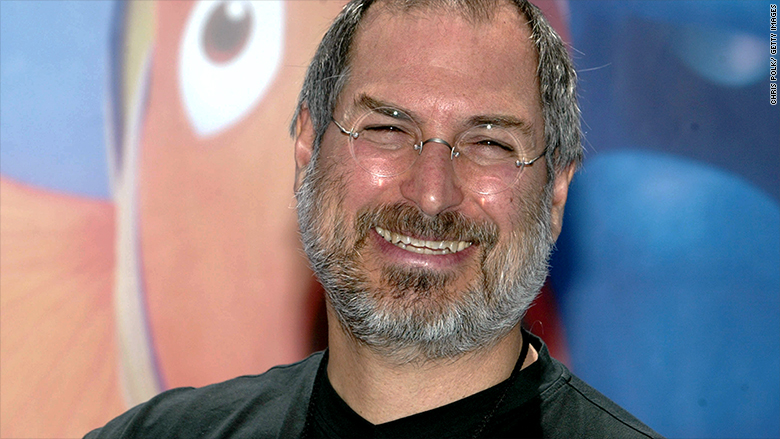
On a summer Saturday in 1997, Steve Jobs met with his Pixar colleague Lawrence Levy to break the news in person.
"I'm thinking about going back to Apple," Jobs said. When Levy asked if he was sure about taking on that tremendous challenge, Jobs told him, "I'm not certain, but I could try."
What happened next is documented in countless articles and books: Jobs took over as "interim CEO" of the company he founded and brought it back from the brink of bankruptcy to its current position as the world's most valuable business.
This story has been told so many times that it's easy to think of it as a foregone conclusion. Of course Steve Jobs would come back and magically save Apple (AAPL). In reality, even Jobs wasn't entirely confident.
"Steve wasn't sure Apple could be saved. And the last thing he wanted was to return to Apple and then be held responsible if he failed to rescue the faltering company," Levy writes in a new book out Tuesday called To Pixar and Beyond: My Unlikely Journey with Steve Jobs to Make Entertainment History.
Before Jobs became Apple CEO again, he was the CEO and owner of Pixar. Today Pixar is a household name, but in the mid-'90s it was still working on its first feature film (Toy Story) and struggling financially. Jobs, tired of funding the company himself, recruited Levy to be Pixar's CFO and turn the business around.
Levy's book shows how he worked closely with Jobs to focus Pixar's business, build an iconic brand and ultimately guide it toward a successful IPO and later an acquisition by Disney (DIS).
But for those interested in all things Apple, the book provides something more: a detailed account of how Pixar finally helped Jobs escape what is typically referred to as his "wilderness years." That's the decade or so between his firing from Apple and his return.
Related: Apple under Tim Cook: More socially responsible, less visionary
When Levy first met Jobs, the Apple founder's reputation was in doubt. He had been ousted from Apple. His followup company, NeXT computer, was struggling. And Pixar, the business he bought from Lucasfilm for its animation technology, was bleeding money with little to show for it.
Soon after taking the executive role, it became clear to Levy that Jobs was fixated on the idea of taking Pixar public and showing the world that at least one of his post-Apple bets was a success.
"If there was one event that would unquestionably signify Steve's redemption, it would be Pixar's IPO," Levy writes. "Whenever we talked about it, his tone took on a weight and importance of almost biblical proportion."

It took longer than Jobs may have wanted, but Pixar went public on November 29, 1995. That morning, Jobs and Levy "huddled around a computer" in San Francisco watching the stock.
As the price soared, an investment banker in the room turned to Jobs and said, "Congratulations Steve, you're a billionaire." Jobs later stepped out of the room and called his friend and Oracle founder Larry Ellison to say, "Larry, I made it."
"Having reached the ranks of billionaire and having the success of the IPO behind him buoyed Steve enormously," Levy told CNNMoney. "It was a long dry spell. To have that big hit on the board gives you that much more confidence."
That may have helped Jobs "take that risk" of returning to Apple, according to Levy. But once Jobs was back in the Apple CEO spot, he benefited from his time at Pixar in other ways.
For starters, Jobs learned how to be more "collaborative" and cede some control to others, according to Levy. "He wasn't the product maker at Pixar," he told CNNMoney. "He wasn't a filmmaker."
And it was through Pixar that Jobs got his first true taste of the entertainment industry. (In one particularly endearing moment in the book, Jobs is nearly ecstatic to learn that an A-list Hollywood exec he's meeting with has to duck out to take a call from Robert Redford.)
"We literally learned the entertainment industry together there," Levy told CNNMoney. "We literally shuttled back and forth to Hollywood to learn it."
The knowledge and relationships he cultivated in that industry would prove useful as he pushed to turn Apple around with products in the entertainment space like the iPod, iTunes Store and Apple TV.

